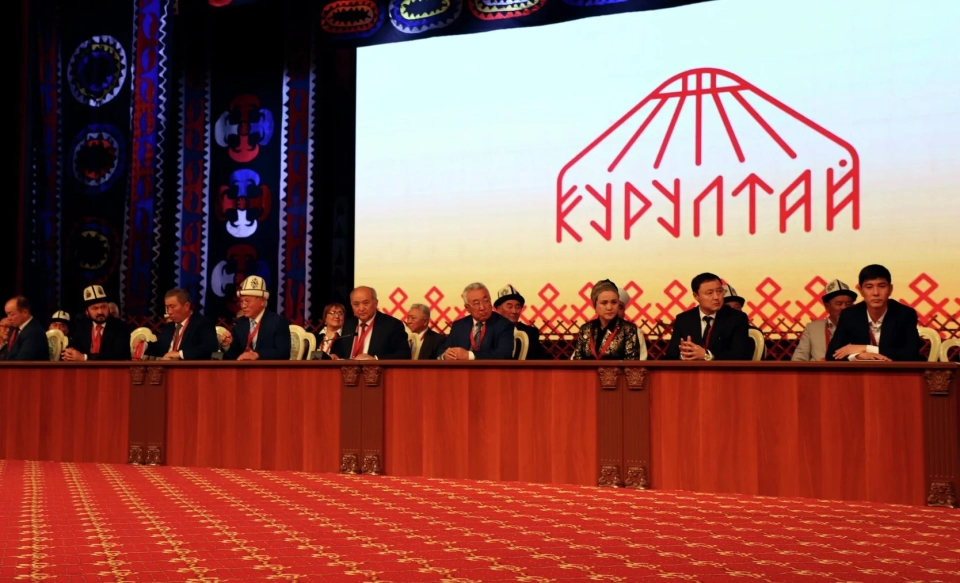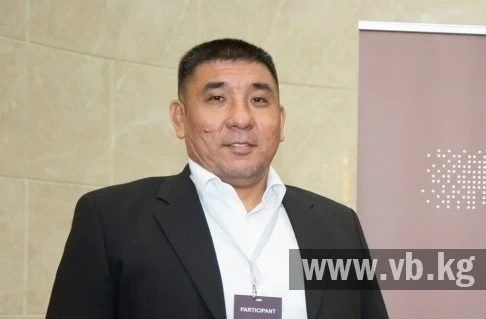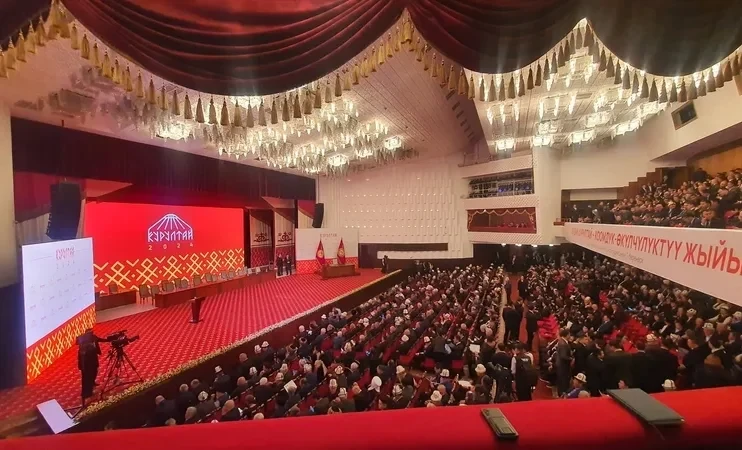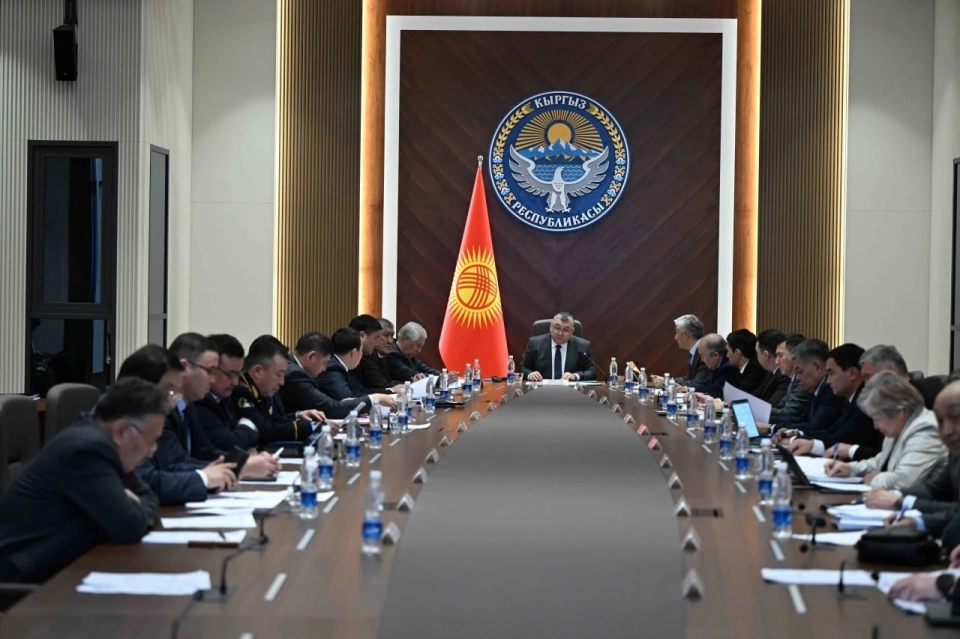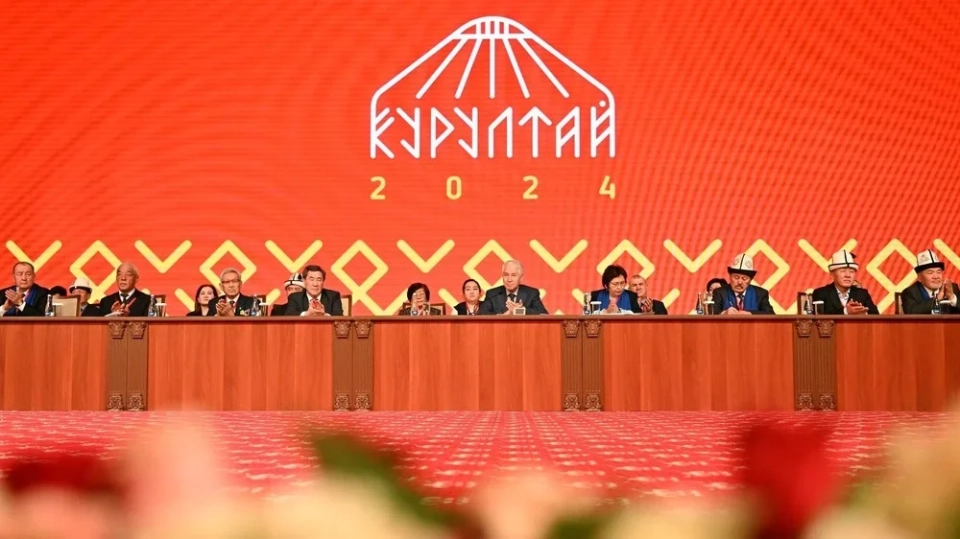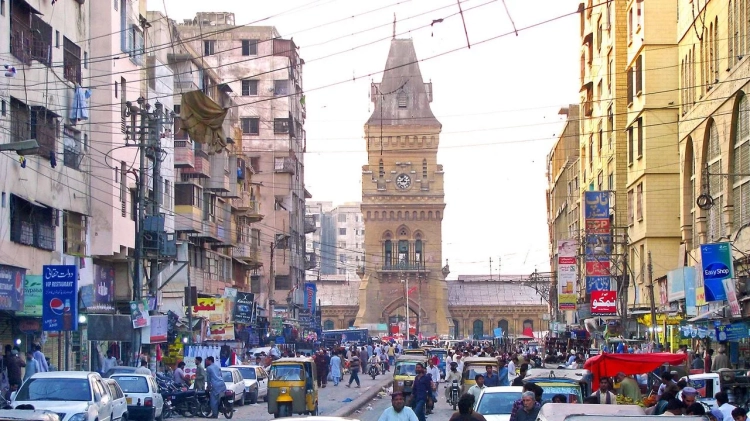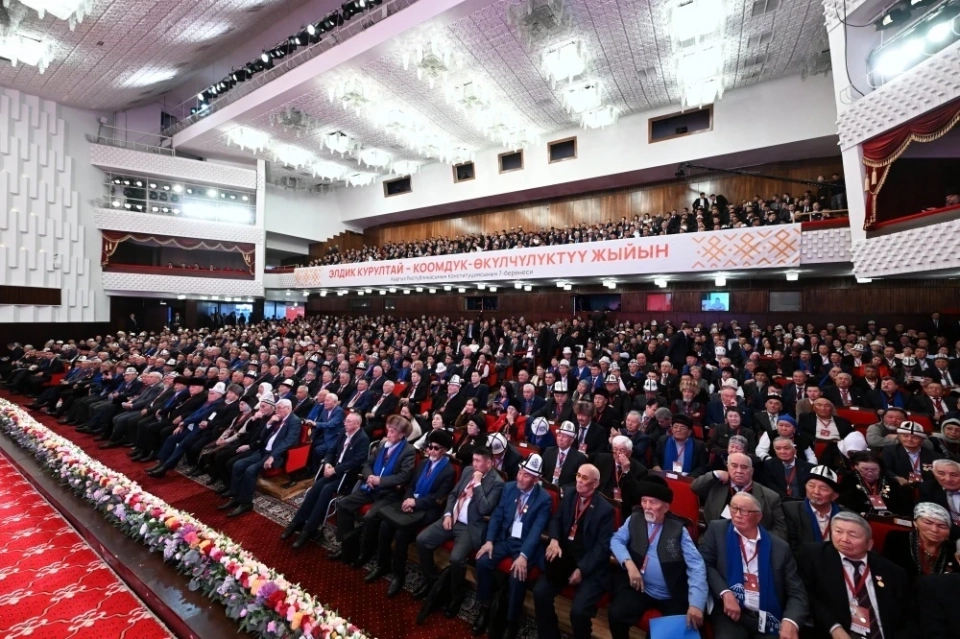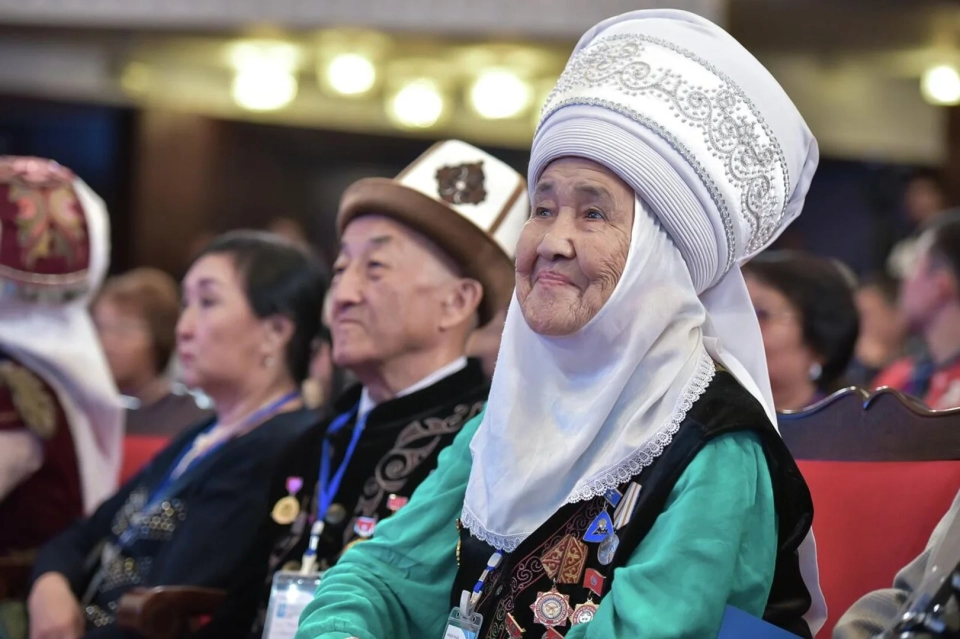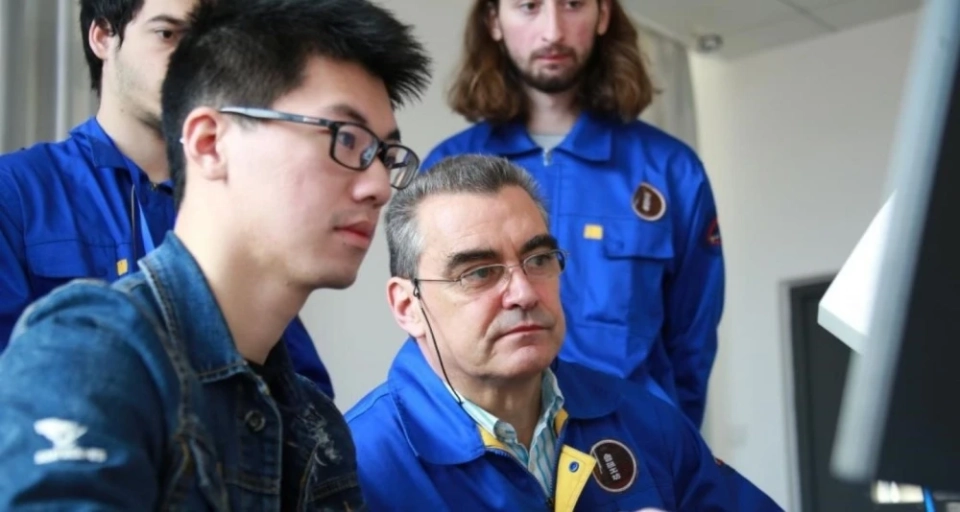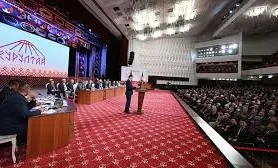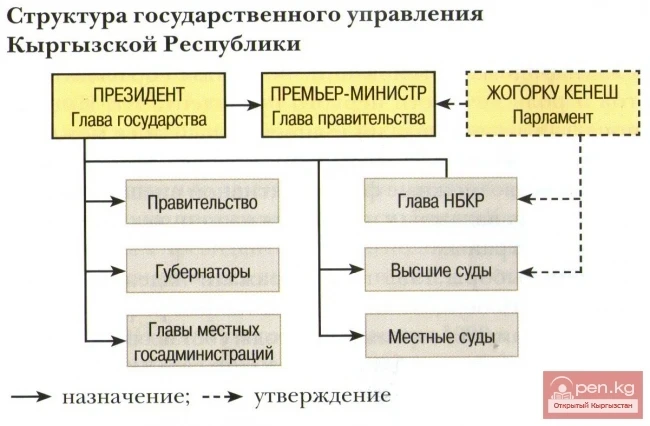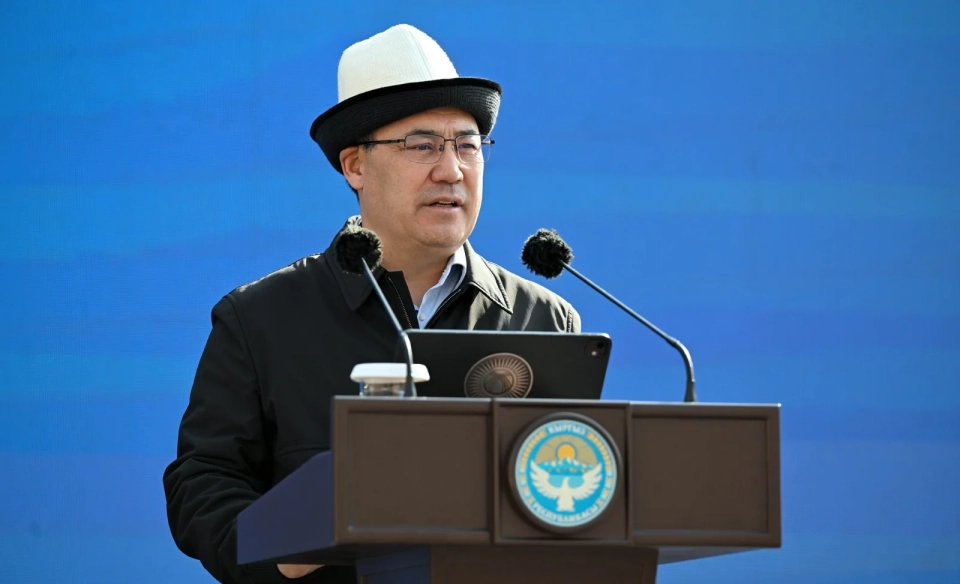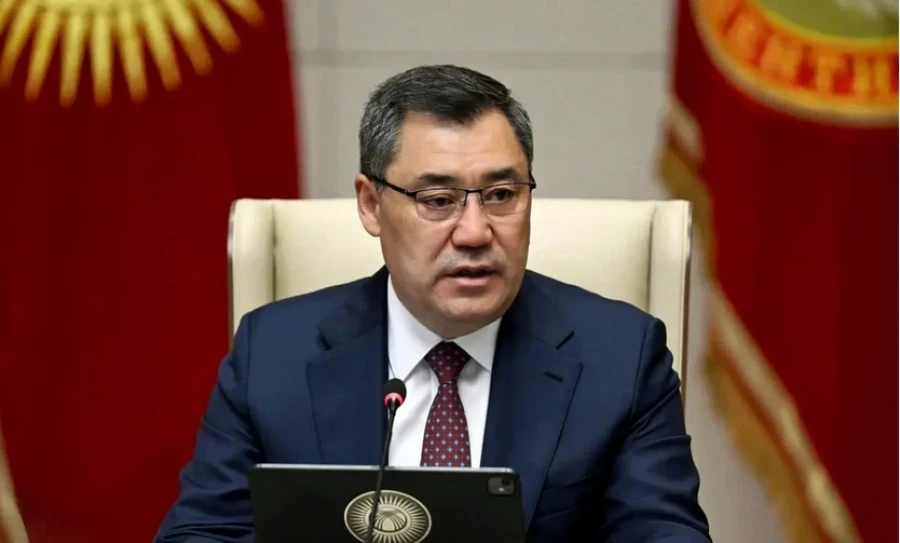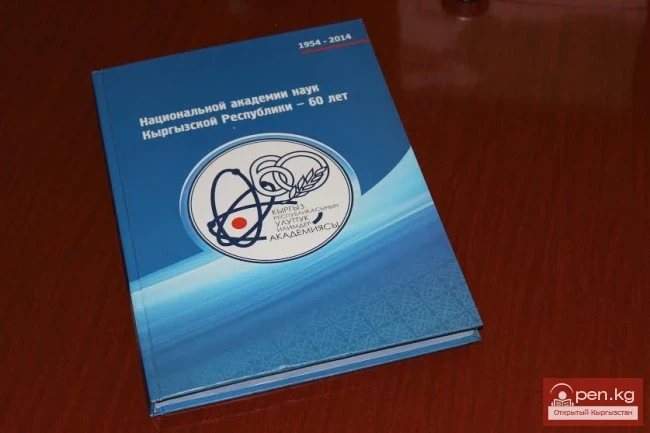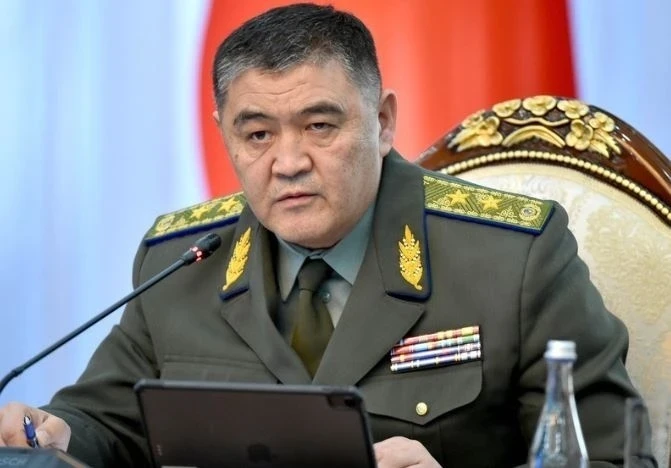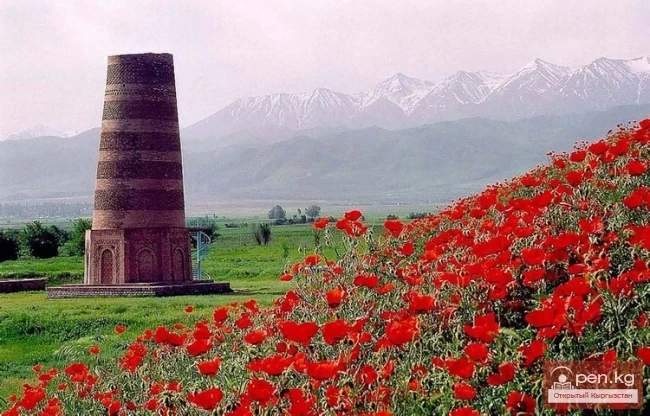In recent years, Kyrgyzstan has seen the introduction of new mechanisms of state governance that enhance the role of institutions providing a direct link between the people and the authorities. One of the key institutions in this context has become the People's Kurultai, which has sparked numerous discussions. Regarding the significance, effectiveness, and future of this institution, Doctor of Economic Sciences, Professor Tolonbek Abdyrov shared his views in an interview with the Kabar agency. He spoke about the historical role of the Kurultai, its current activities, and its place in the country's development.
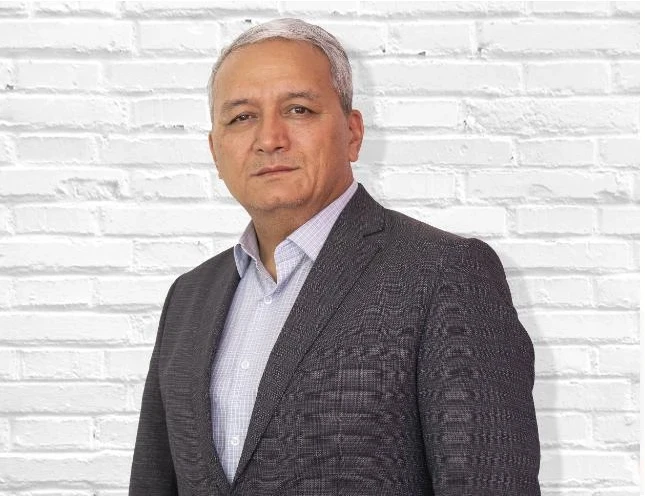
— Society has different views on the Kurultai. Some consider it an important tool, while others question its necessity given the existence of the Jogorku Kenesh. However, analyzing the results of the three Kurultais held, one can notice positive changes. Historically, the Kyrgyz people have always resolved key issues at Kurultais, and many important decisions were made there. The initiative of the authorities to organize the Kurultai creates a useful platform for discussion. The Kurultai has expanded powers, allowing it to address pressing issues.
Despite some legislative limitations, important issues were raised at the last Kurultais, which were directly communicated to the authorities. The government may sometimes overlook the concerns of the people, but the president, who attended all sessions, listened attentively to the delegates. Representatives from ministries also worked at the Kurultai, allowing people to address their issues. All the raised problems were not only voiced but also compiled into a special document with proposals for their resolution.
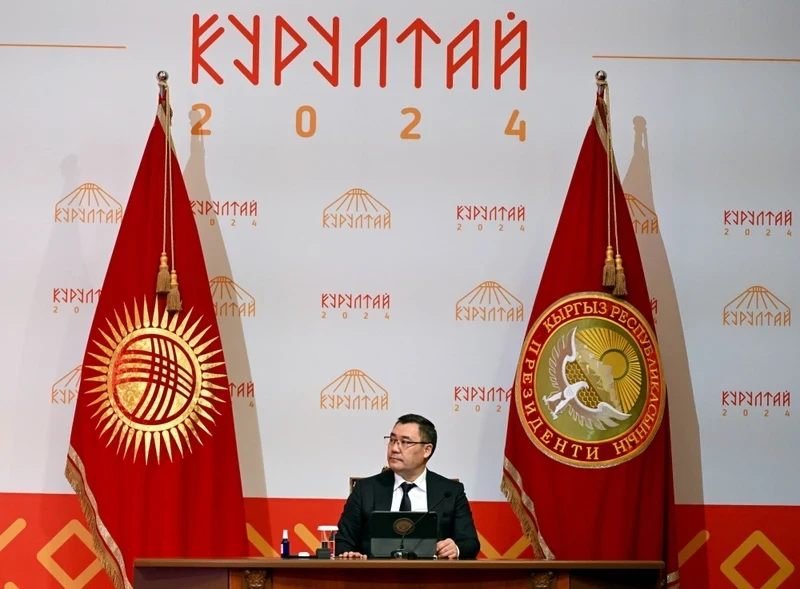
— In recent years, alongside economic growth, urgent issues such as roads, water supply, the construction of schools and kindergartens, as well as wage increases have begun to be addressed. The state has started to pay attention to problems that have accumulated over the years. After the third Kurultai, we can already talk about specific results, which confirms their effectiveness.
Nevertheless, with the upcoming fourth Kurultai, we should reconsider our approach. If we focus only on current issues, we risk missing strategic tasks. It is time to think about what Kyrgyzstan will be like in 20–30 years and what human resources we will need for development. These important topics should be discussed now.

— If local authorities effectively performed their functions and actively interacted with the population, the need for the Kurultai would be less. Currently, there is often a lack of funds, a low level of personnel, and inefficiency among executors, leading to problems. However, administrative reforms are currently taking place, and the work of state and local authorities is changing. The current government is aware of acute problems and is beginning to address them. We see how mayors, for example, in Osh, strive to justify the trust and genuinely solve citizens' issues, which instills hope for the country's development.
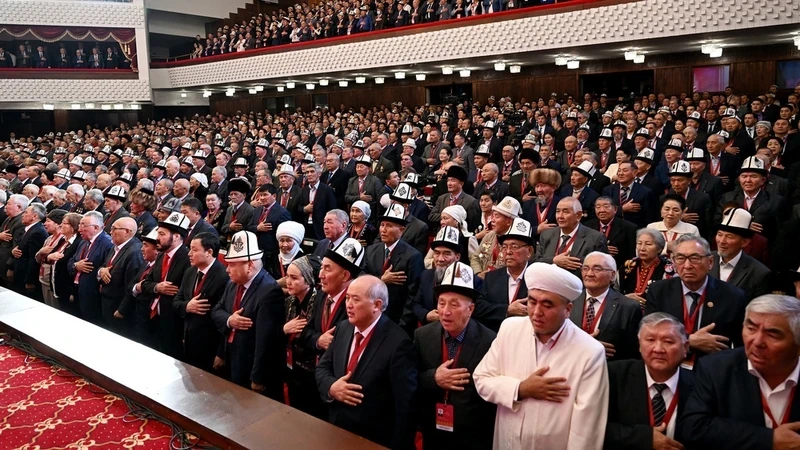
— Historically, our ancestors gathered at the Kurultai to discuss pressing issues in the absence of parliament and other authorities. Today, we are obliged to discuss important topics such as the directions for the country's development over the next 20–30 years. These issues should be brought to this platform.
At previous Kurultais, social issues were primarily raised, indicating that the voice of the people reaches the executive power. Many strategies are being developed in the country, and discussing them at the Kurultai is extremely important. It is also necessary to pay attention to issues of educating the younger generation, forming cultural values, and morality.
It should be noted that the process of selecting delegates for the IV People's Kurultai has been completed: 700 delegates have been elected from 231 rural districts and 33 cities. According to the decree of President Sadyr Japarov, the Kurultai will take place on December 25 in Bishkek.
